Le Mans
Le Mans is a historic racing event steeped in tradition, taking place in the French city of the same name. The event has been held annually since 1923, making it one of the oldest motor races in the world. The race sees some of the world's most prestigious and expensive cars compete in an endurance race around the iconic Circuit de la Sarthe, an 8.47-mile circuit featuring both public roads and a dedicated motor racing circuit.
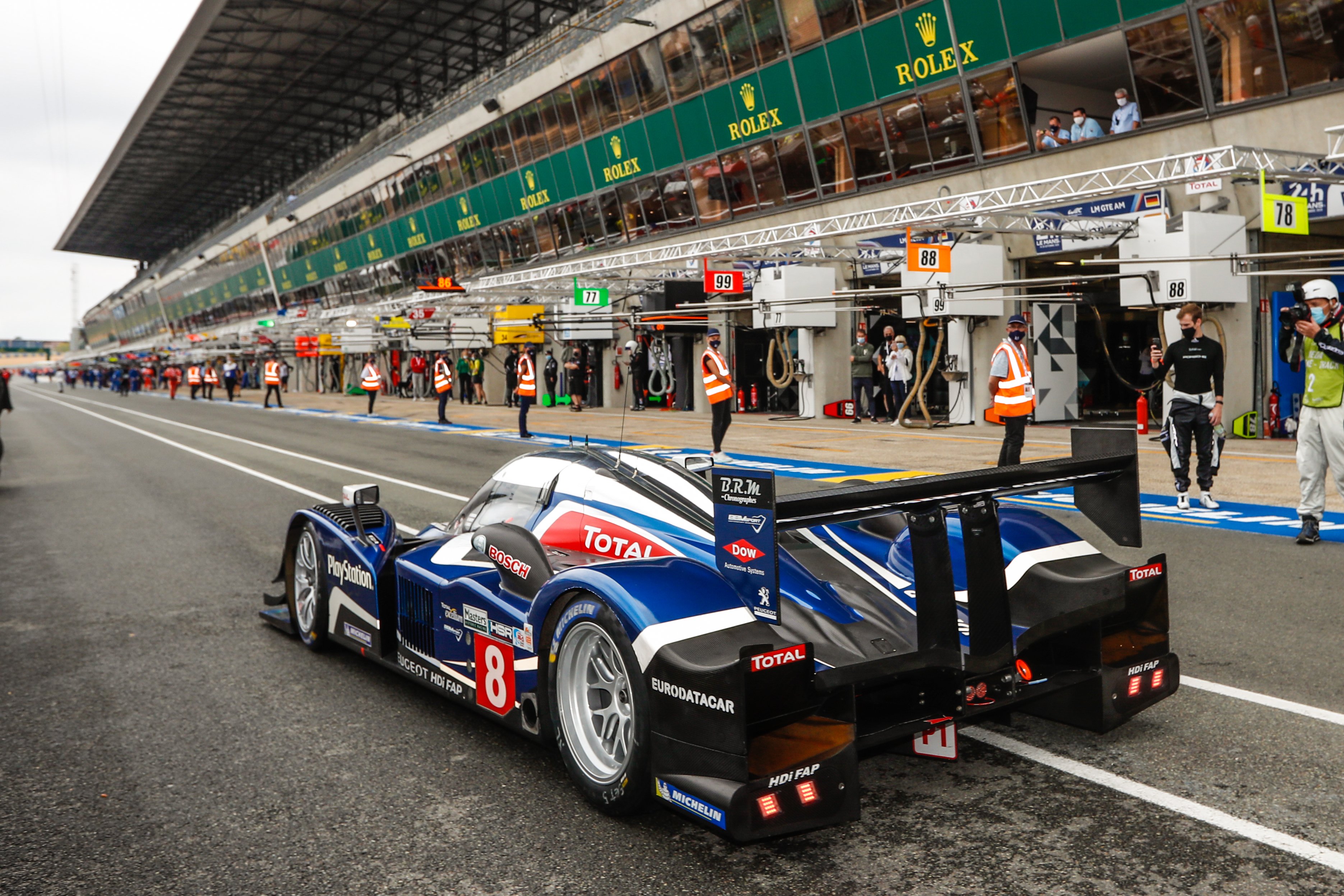
History of Le Mans
Le Mans has its roots in the 1920s, when the Automobile Club de l'Ouest (ACO) was looking to create a new motor race that would test the endurance and reliability of cars. The first race was held in 1923, and has been held annually ever since. The race was initially run for 24 hours, but this was reduced to 20 hours in 1929, and then to 16 hours from 1963.
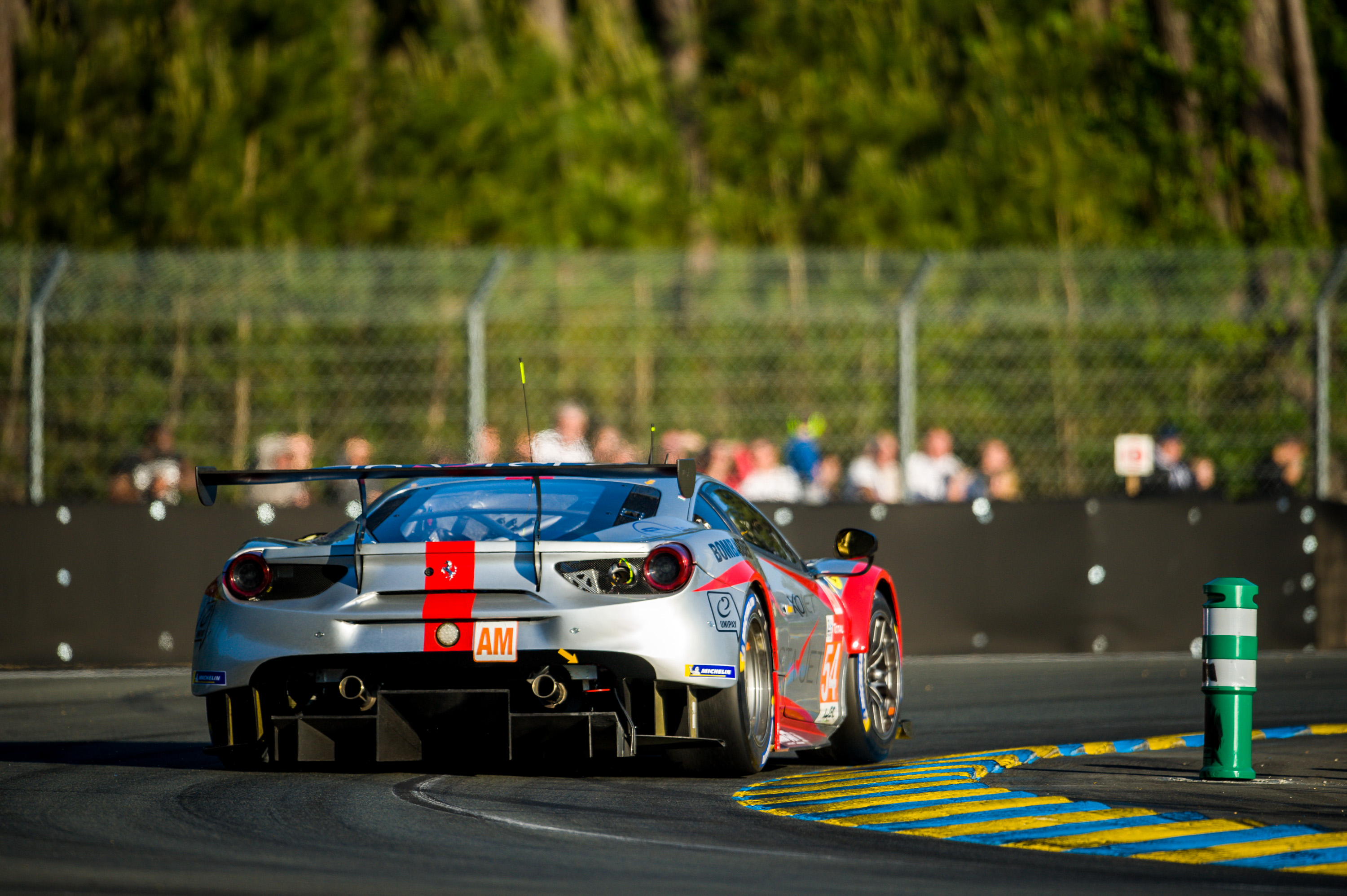
The Race
The race is run over a 16-hour period, and the aim is for teams to cover the most distance in the given time. Teams are made up of three drivers, and cars must be changed over at least once during the race. The race is split into two classes: GT and Prototype. GT cars are production-based cars, while Prototype cars are purpose-built race cars.
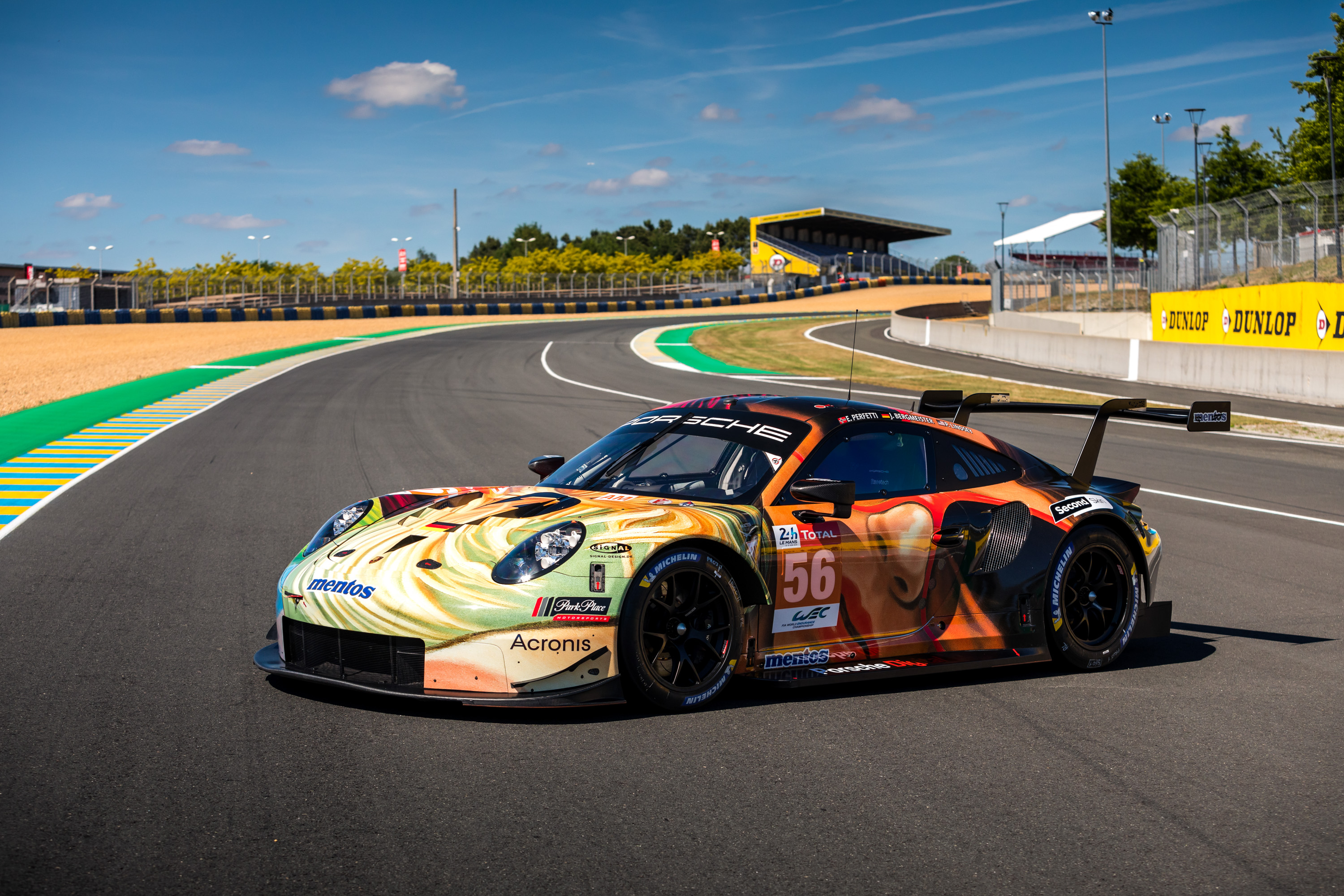
The Circuit
The race takes place on the Circuit de la Sarthe, which is made up of both public roads and a dedicated motor racing circuit. The 8.47-mile circuit features a mix of long straights, tight corners, and a mix of permanent and temporary chicanes. The track is known for its high-speed sections, as well as its treacherous Mulsanne Corner, which is a long, sweeping bend that takes drivers through a series of bends and corners.
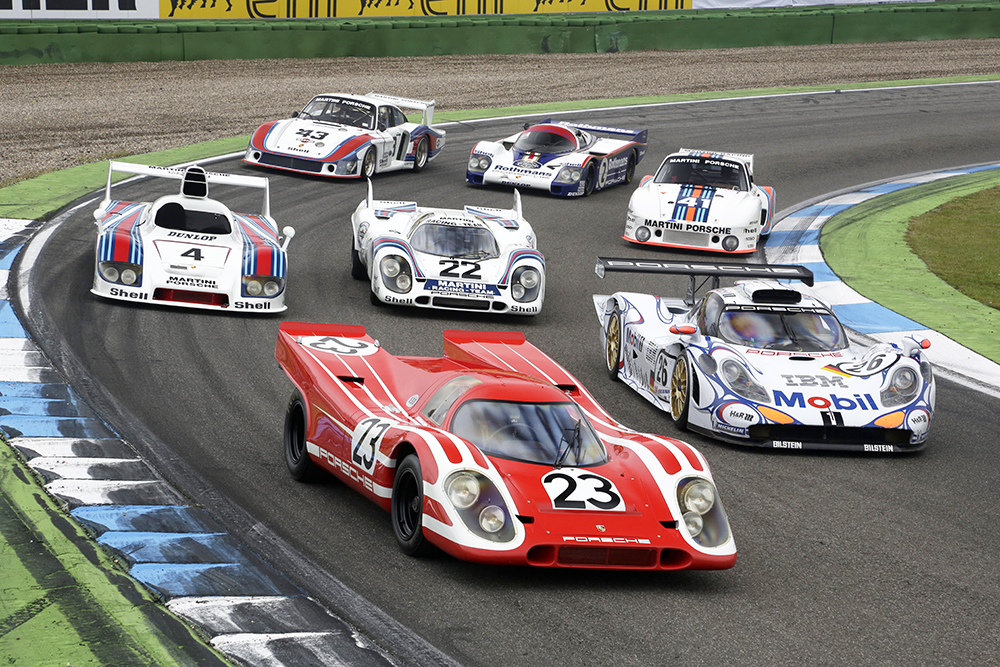
The Winners
Over the years, some of the most famous names in motor racing have won the race. The most successful drivers include Tom Kristensen, who won the race nine times, Jacky Ickx and Derek Bell, who both won five times, and Jackie Oliver and Henri Pescarolo, who both won four times. The most successful manufacturers include Porsche, who have won the race a record 19 times, and Audi, who have won the race 13 times.

The Technology
Le Mans is renowned for its cutting-edge technology, with teams pushing the boundaries of what is possible in motor racing. Teams have developed advanced aerodynamics, engine management systems, and traction control systems, as well as hybrid and electric powertrains.
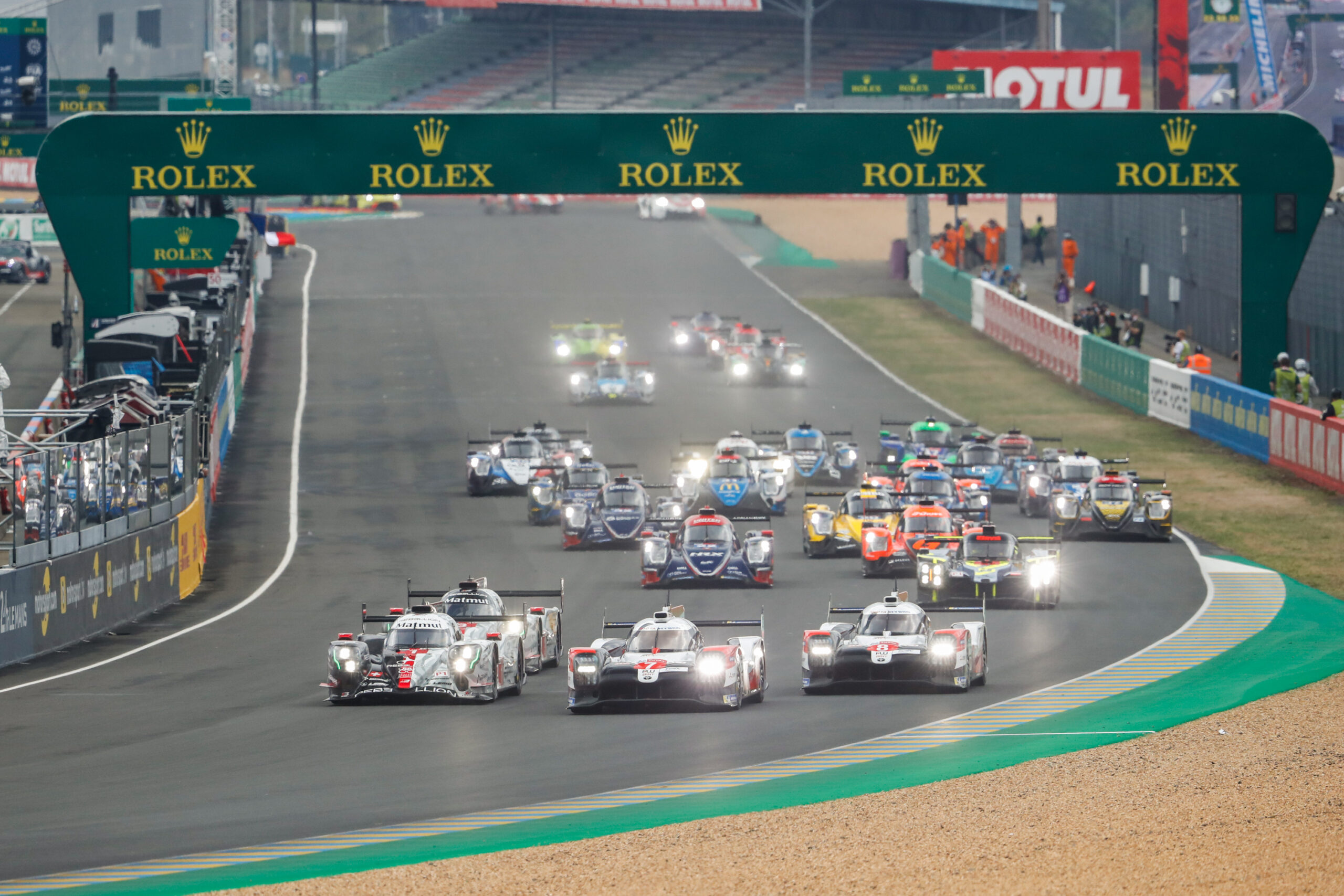
The Fans
Le Mans has a passionate and loyal fan base, with over 250,000 people attending the race each year. Fans flock to the city to watch the race, with many camping out for days in order to get the best view of the track.
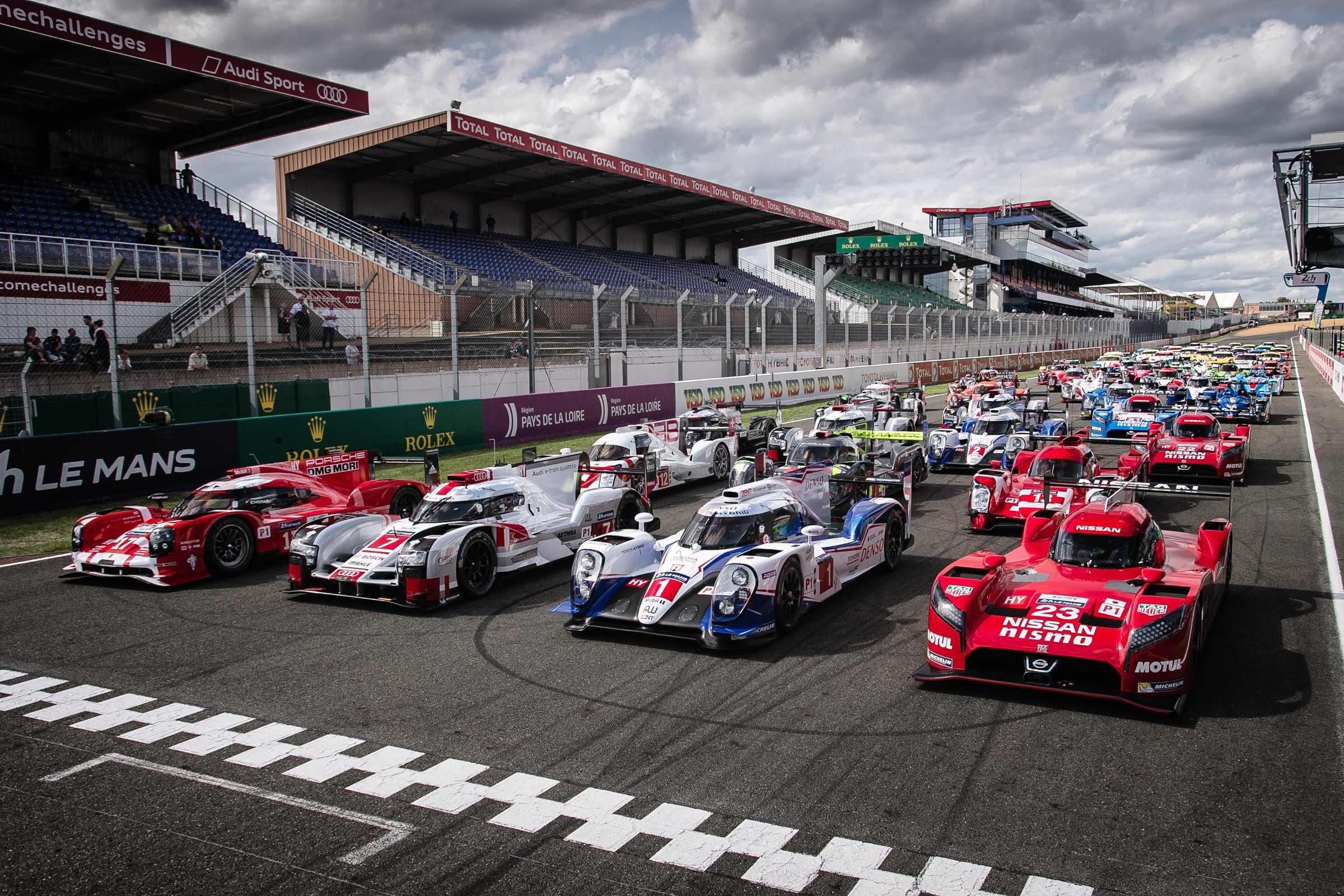
The Future
Le Mans is set to remain a key part of the motorsport calendar for years to come. The event is constantly evolving, with teams pushing the boundaries of technology and fans flocking to the track every year.
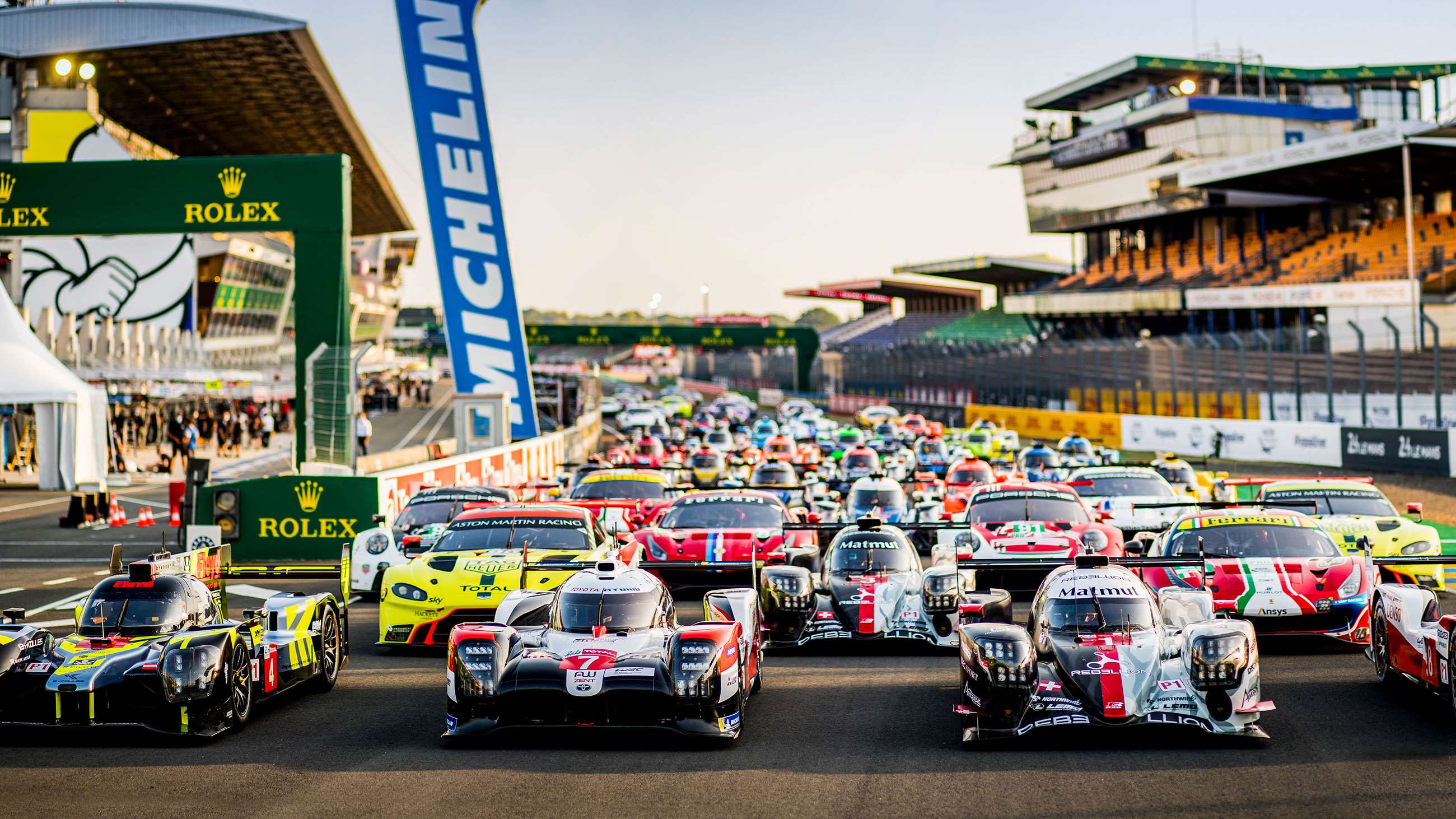
Comments
Post a Comment